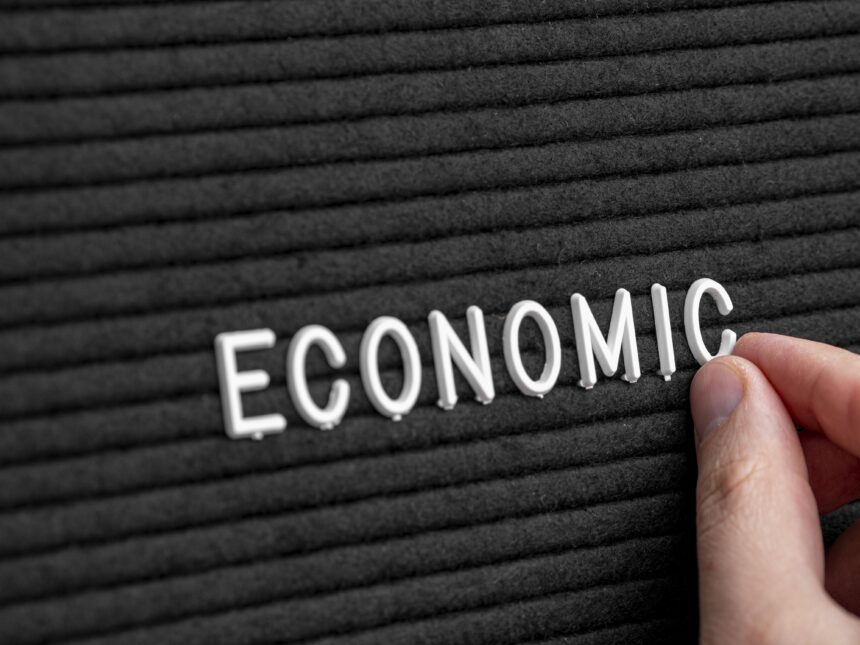Stokvels, a traditional savings and investment mechanism in South Africa, have been an integral part of the country’s financial landscape for decades. These informal, community-based savings clubs have served as a vital means of financial security and wealth creation for many South Africans, particularly in historically disadvantaged communities. However, the performance of stokvel investments is significantly influenced by the prevailing economic conditions. In this article, we will explore the impact of economic conditions on stokvel investments in South Africa and examine how various factors can shape their outcomes.
Stokvels: A Brief Overview: Stokvels are collective savings clubs where members contribute regularly, typically on a monthly basis, and pool their resources for various purposes. The funds accumulated are often used for investment, education, emergencies, or celebrations like weddings and funerals. The size of stokvels can vary widely, ranging from a few individuals to hundreds of members with substantial funds. Stokvels have long been a cornerstone of community support and economic empowerment in South Africa.
Economic Conditions and Stokvel Investments: The performance of stokvel investments is intricately linked to the broader economic conditions prevailing in South Africa. Several key factors influence their outcomes:
- Interest Rates: Interest rates have a significant impact on stokvel investments. When interest rates are high, stokvels may choose to keep their funds in interest-bearing accounts, such as fixed deposits or money market funds, to earn attractive returns. Conversely, when interest rates are low, stokvels may seek alternative investment opportunities, such as property or equities, to generate higher yields.
- Inflation: Inflation erodes the purchasing power of money over time. Stokvels need to consider inflation when deciding on their investment strategies. If inflation outpaces the returns on their investments, the real value of stokvel funds may decline. In such situations, stokvels may explore inflation-hedging investments, like commodities or real estate, to protect their wealth.
- Economic Growth: The overall economic growth of the country plays a crucial role in shaping stokvel investments. During periods of robust economic growth, stokvels may consider investing in equities or business ventures to capitalize on the expansion. Conversely, during economic downturns, stokvels may adopt a more cautious approach, prioritizing capital preservation and liquidity.
- Socioeconomic Factors: Socioeconomic factors, such as unemployment rates, income inequality, and government policies, also impact stokvel investments. High unemployment rates and income inequality can limit the disposable income available for stokvel contributions. Additionally, government policies related to taxes, regulations, and financial inclusion initiatives can either encourage or deter stokvel investments.
Navigating Economic Uncertainty: Stokvels have shown resilience in navigating challenging economic conditions. In times of economic uncertainty, stokvels often emphasize risk management and diversification. By spreading their investments across different asset classes and sectors, stokvels aim to minimize the impact of adverse economic conditions on their overall portfolio.
Furthermore, stokvels can benefit from financial education and access to professional advice. Understanding investment principles, risk management, and market trends can empower stokvel members to make informed decisions and adapt their investment strategies to changing economic conditions.
Conclusion: The impact of economic conditions on stokvel investments in South Africa cannot be understated. Stokvels play a crucial role in promoting financial inclusion and economic empowerment within communities. By closely monitoring economic indicators, adjusting investment strategies, and seeking professional advice, stokvels can effectively navigate economic uncertainties and continue to provide a valuable means of savings, investment, and community support.










